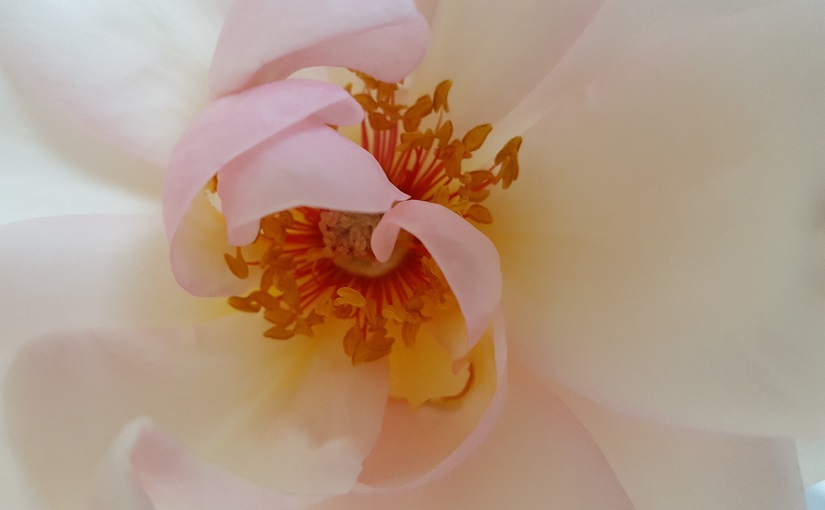I’ve talked before about life, about the strangeness of how we’re here and capable of understanding the world around us – intelligent beings “reading” that reality and responding in our own, unique way (Notes One). It’s a wonder that children have, but one that’s not often met with rational validation.
Of course, it’s not so intelligent to sit in a state of wonder while the world spins on without you. There’s logic to how we “get on with it” and go about making the most of our own, particular situation – embracing our agency, participating in shared existence, capitalising on opportunities. It’s the stuff of life, essentially.
Hopefully, of course, that “life” engages us in meaningful and purposeful ways: each of our contributions feeding into healthy, sustainable, responsible, caring social realities. Hopefully the world we’re interacting with values us rightly, treating us with respect and calling up the best rather than worst of our nature.
There’s obviously subtext there, as that’s far from the world we’re living in. I’m not sure quite how, and I’m pretty sure it’s largely unintentional, but, somewhat inexplicably, “society” doesn’t seem to really care for its humans. More often, we’re attacked, made to feel inadequate or manipulated beyond our capacity for reason (Notes Two).
And that’s perhaps related to the question that’s “always” been behind social projects: how to bring out the best in people, arrange community in such a way that it “works”, and give individuals true freedom without losing sight of our basic self-interest (Notes Three). Is there a way we can all be free, healthy and safe?
It comes down to this fundamental sense of what it is to be human: we’re all alike, yet all different. In a world of limited space and resources, we draw lines and we fight. Yet, intellectually, we “know” we’re the same – all one big group of humans – so there’s this dissonance, this justification and insistence on taking our own side.
There’s really no answer there, it’s a concept we either accept or we don’t. But, in reality, we do have to live through it: as thinking beings we see these things and have to accept, change or otherwise make peace with life’s undeniable injustices.
All the ways our words, actions and attitudes carry meaning; upholding systems of thought that assign to others lower worth than they inherently deserve. That’s surely the world around us? Imperfection. Inadequate ideas baked into the social, cultural, political, economic structures that shape our lives (Notes Four).
As humans, it’s surely quite rational that we look around us and say “No”? That we would find it difficult to live in a world that represses human worth in all the big and little ways we treat one another. It all counts, all adds up, all paints a picture of what it is to be human. And we – with our wonderful, capable minds – stand within it all; more often than not, struggling to reconcile our own sense of self-worth with the ways of this world.
Notes and References:
Note 1: Some thoughts about ‘life’
Note 1: What are we thinking?
Note 1: The power of understanding
Note 2: Fear or coercion as motivators
Note 2: What would life be if we could trust?
Note 3: The conversation of society
Note 3: Plato & “The Republic”
Note 3: “Quest for a Moral Compass”
Note 4: Imperfection as perfection?
Note 4: Problems & the thought that created them
Note 4: Caught in these thoughts
Note 4: Finding flaws

